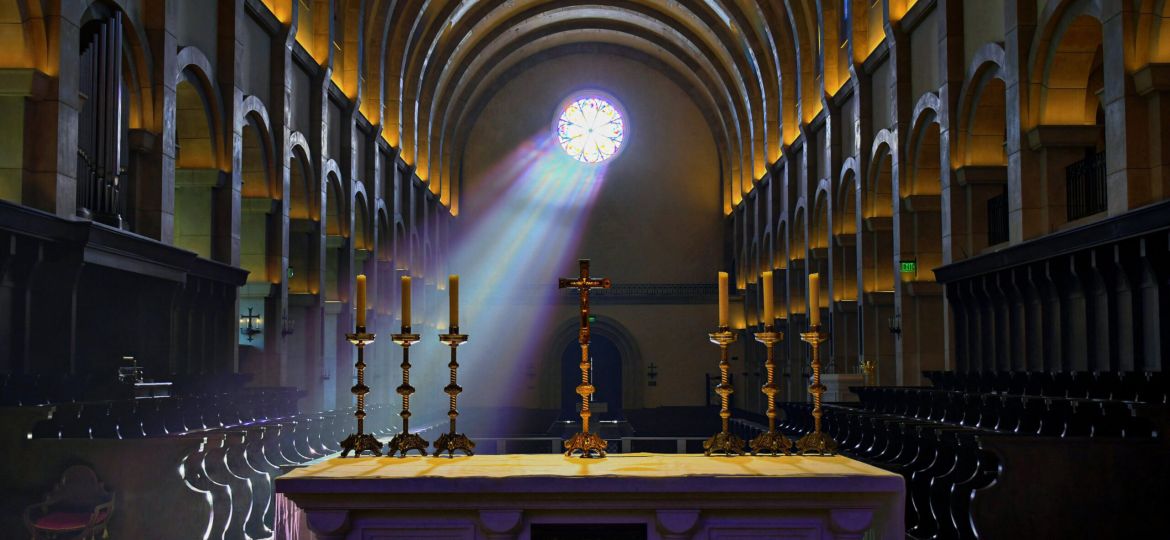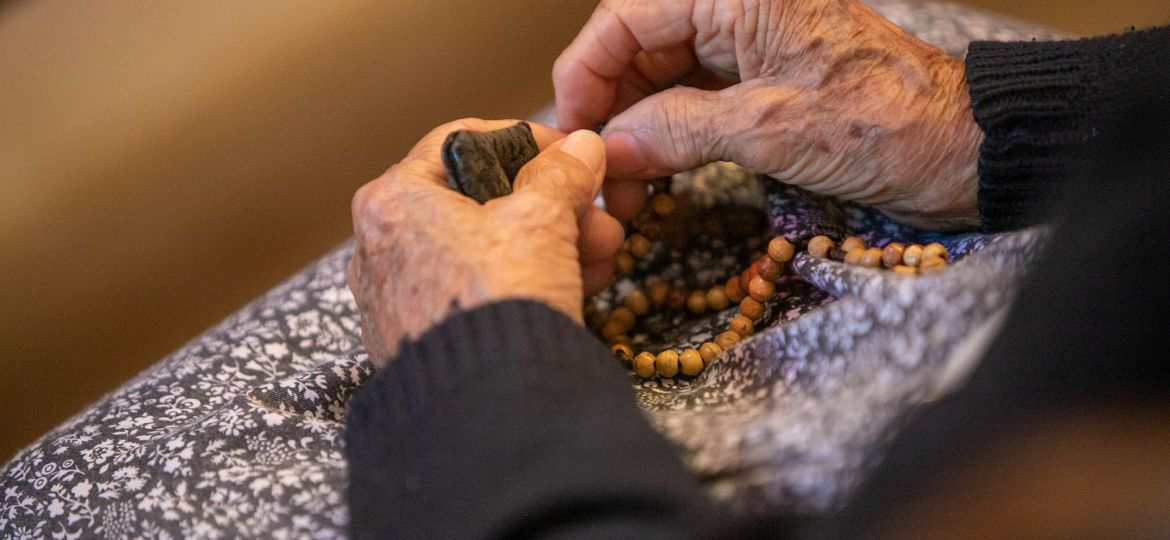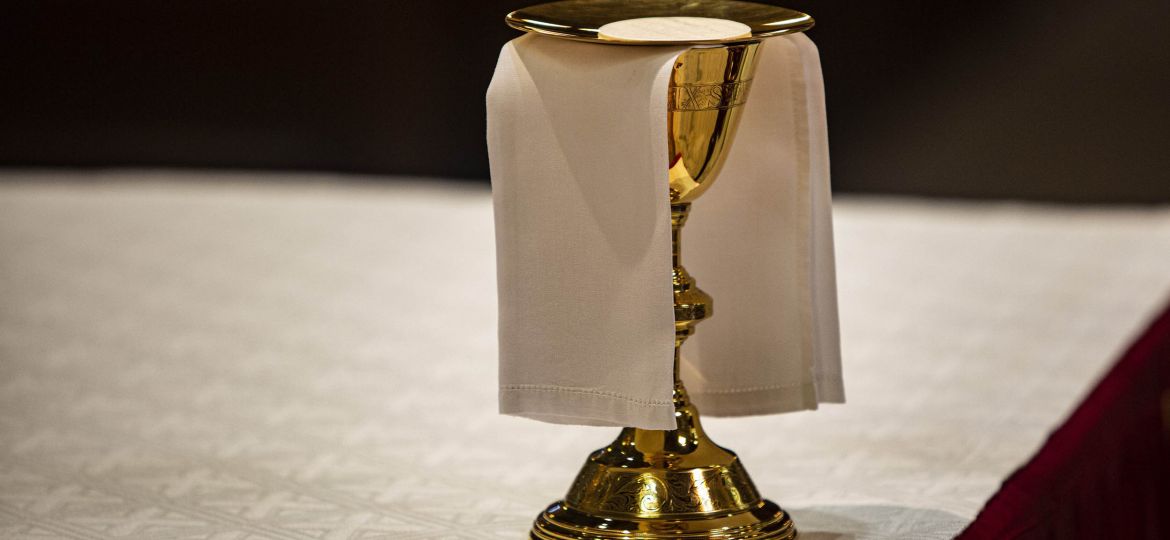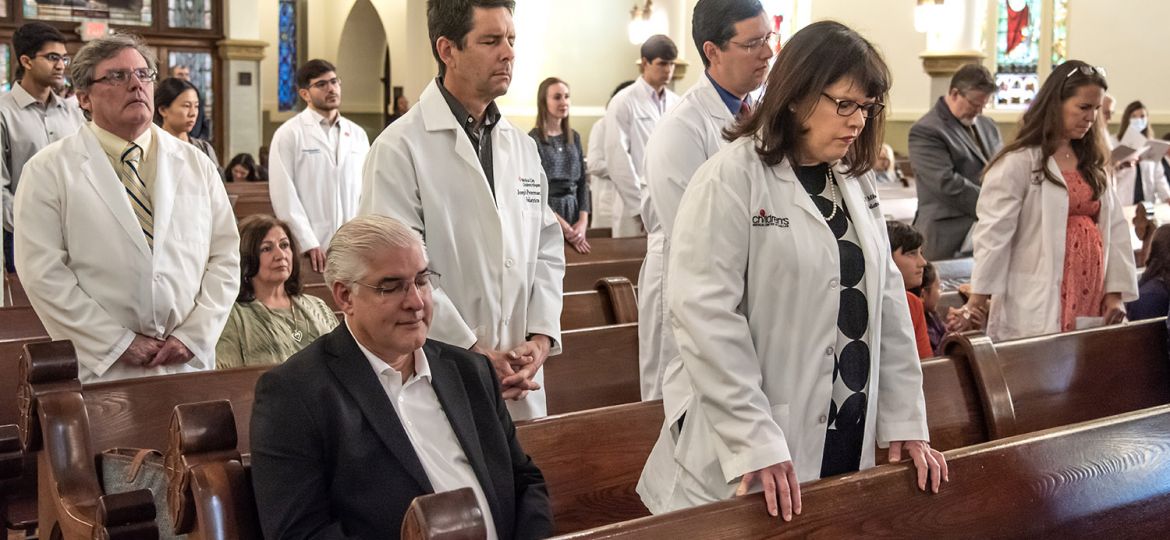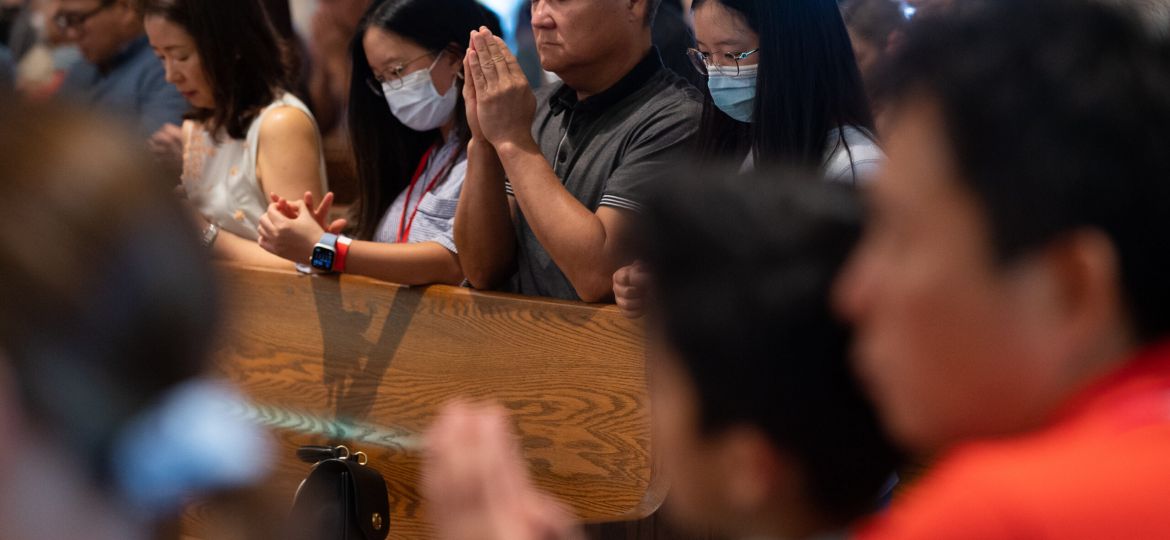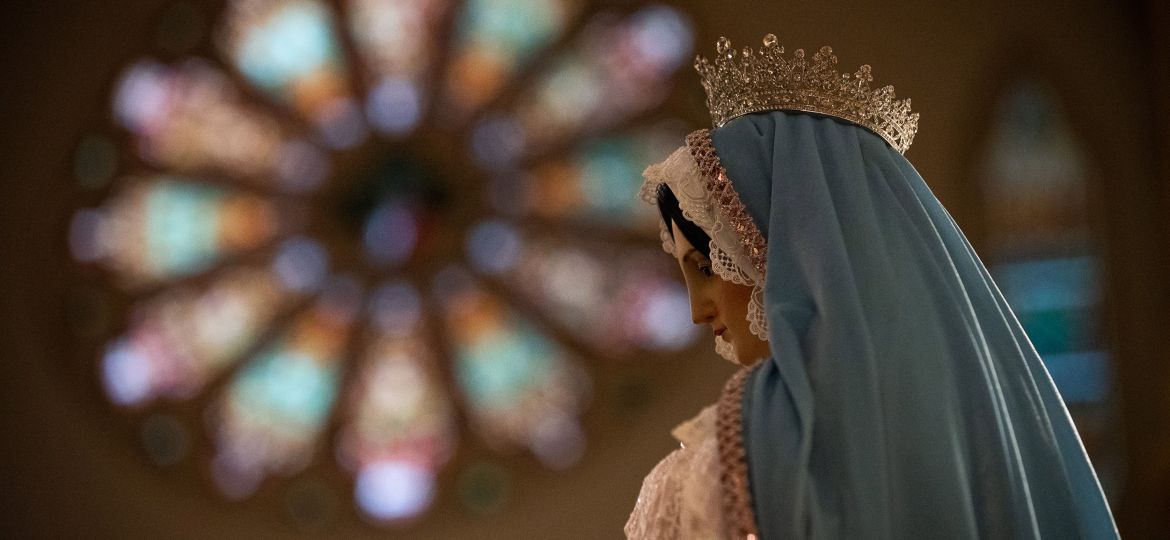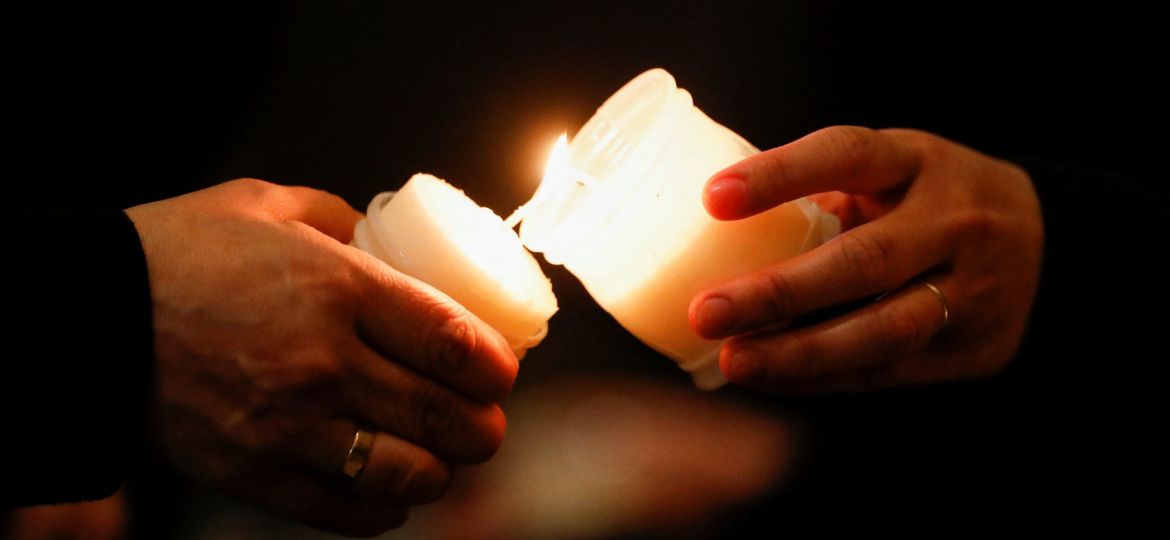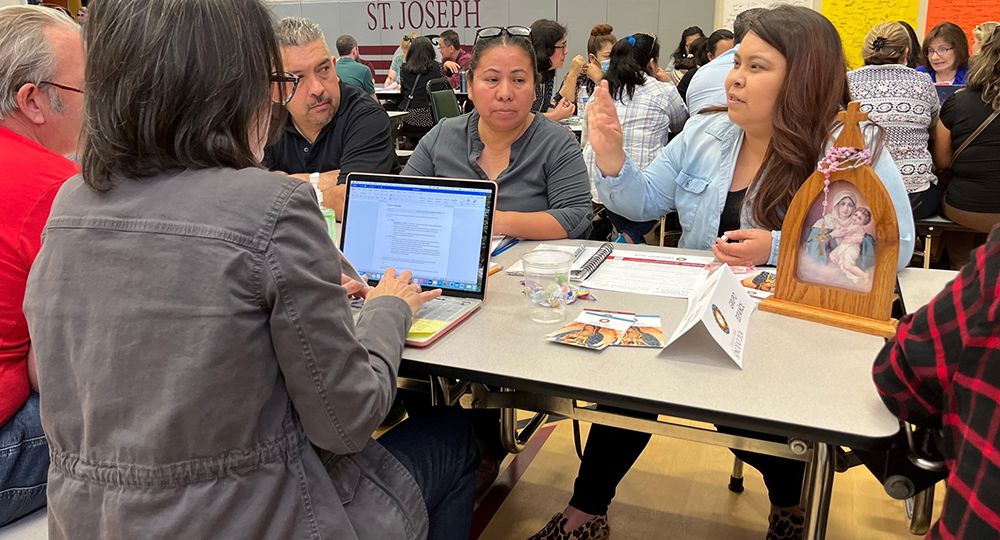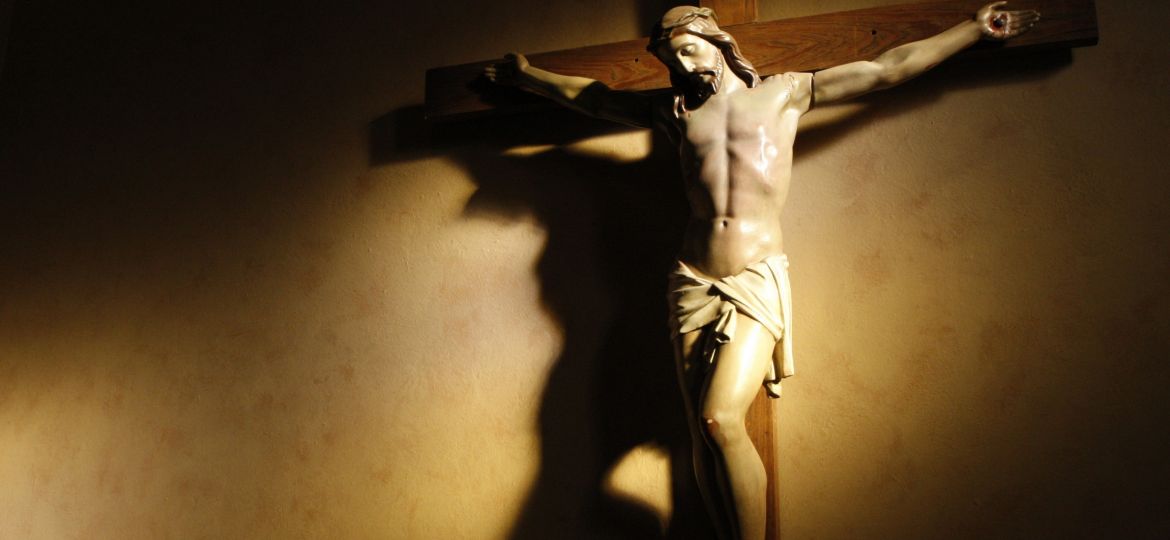When people die after long lives, we sometimes limit our sadness by turning their funerals into “celebrations of life” by sharing endearing stories about them, and sometimes we can even experience gratitude that the person is at rest after a difficult illness. But what do we “celebrate” for children who didn’t have much chance to live?
I read a wonderful book recently that I think lots of people should read, especially science-minded people: Vestige of Eden, Image of Eternity by Daniel Toma. Dr. Toma is a geneticist at Minnesota State University, as well as a wide reader of Catholic theology from both the eastern and western traditions.
You may know the Church in America is promoting a National Eucharistic Revival. After a few years of grassroots initiatives, it culminates with a major event in July 2024. Check out eucharisticrevival.org for details. Why have a revival? As the authors of the website write, “Our world is hurting. We all need healing, yet many of us are separated from the very source of our strength. Jesus Christ invites us to return to the source and summit of our faith: his Real Presence in the Eucharist.”
I’m blessed to know medical doctors, professors and students who want to integrate Catholic faith into medicine. Such a desire makes sense, given how Catholicism assisted in many ways at the birth of modern medicine.
One of the most laudable questions I receive is about how to discern God’s will. A decision is easy to make when the choice is between something right and something wrong. But a decision can be difficult when the choice is between two goods and I have to discover the specific will God has for me. I recently read a great book on this topic, and I want to share its theses. The book is “Discerning the Will of God: An Ignatian Guide to Christian Decision Making” by Father Timothy Gallagher.
Every moment becomes a kind of sacrament, so to speak, since the treasures of grace lie concealed beneath what is very plain and visible.
For a while, I have been studying the topic of race in American and Catholic history. It is a difficult topic for obvious reasons, but it is also a rewarding one. In fact, I have been greatly edified learning about figures like Venerable Augustus Tolton, St. Katharine Drexel, Servant of God Thea Bowman and others. If you’re looking for a way into such stories, check out “Black Catholics on the Road to Sainthood.”
Plans are well underway for the 2024 Synod — that big meeting to advise the bishop about the spiritual, material and administrative situation of the Dallas Diocese. Essential to its success are the “listening sessions” now taking place: two years of honest and charitable dialogue for the good of the Church and her mission in the world.
Our world needs Christian faith. A book that proved this to me regarding the medical field is Losing Our Dignity: How Secularized Medicine is Undermining Fundamental Human Equality by Charles C. Camosy.
This Lent I’m studying the “wilderness” or “desert” in Scripture, and especially in the journey of Israel from Egypt to the Promised Land. The dangerous wild is a powerful image for the spiritual life, and it plays a large part in the lives of figures like Jacob, Moses, David, Elijah, John the Baptist and Jesus. What about in yours?

